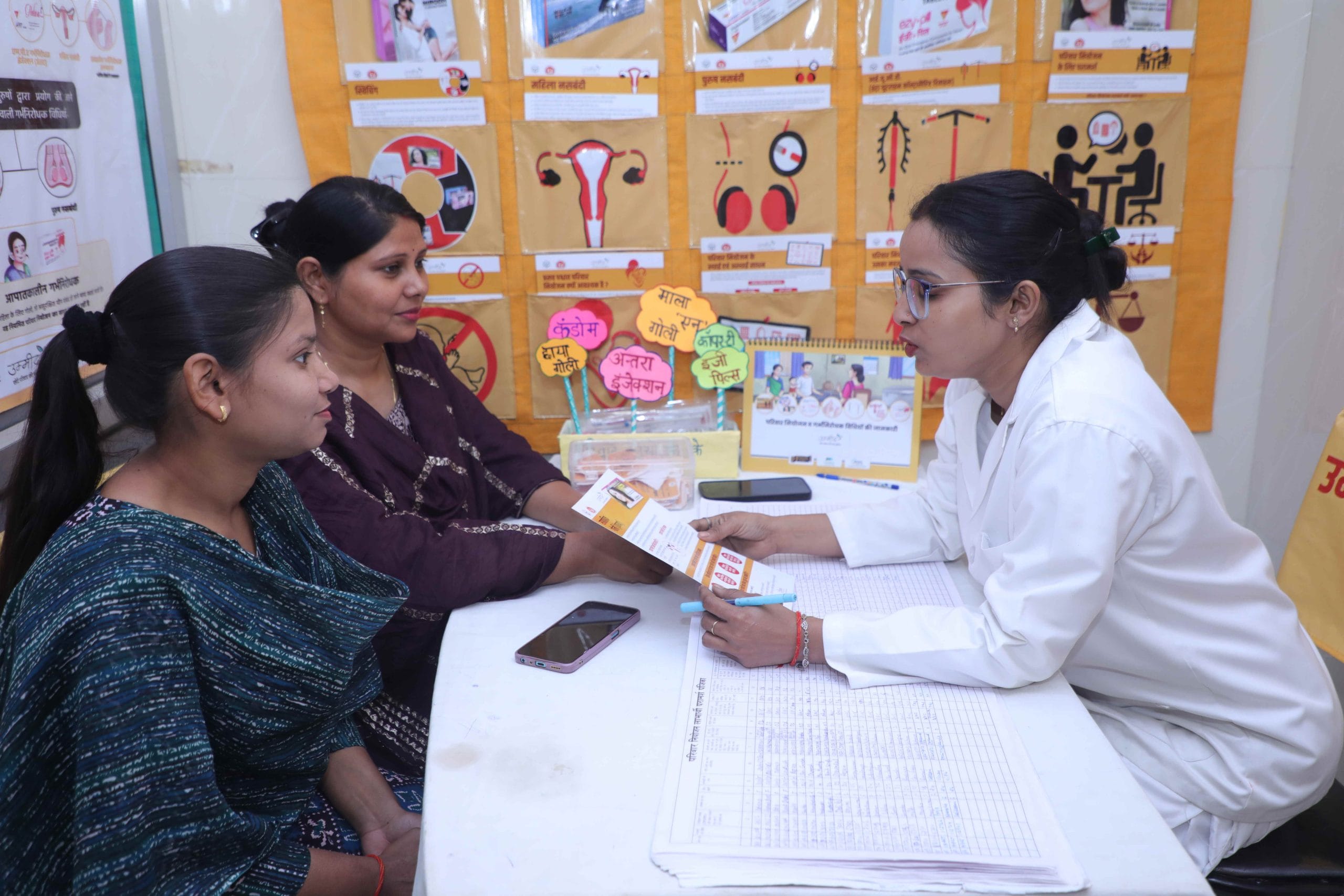I don’t remember when exactly I found out that one of my closest friends, Naomi*, had multiple sclerosis (MS). I do remember Wiki-ing MS, but to my shame, I did not delve into any particular details. So, my understanding of the problem was limited to a simple analogy – her brain’s wiring has issues with insulation.
We lived in different cities and our friendship was a series of mails, messages and chats that while enriching often skipped tiny details. So, what MS meant with respect to her everyday life was something I failed to comprehend – until the day I learnt that as she stood in front of her refrigerator at home, she had collapsed face first, shattering her teeth. Weeks of complicated dental work followed, with screws drilled into her gums and artificial bone tissue inserted to restore her teeth. Since then, I have tried to understand multiple sclerosis a little better, which is probably the first step I took in being a better friend.
It can be exhausting to explain MS to everyone who asks. Naomi does it with a smile, but I can imagine her turning around and sighing tiredly after. A simple search on the web has given me enough information to understand multiple sclerosis in the abstract. Apparently, the body’s immune system, instead of fighting off genuine challenges, attacks the brain and the central nervous system, for some reason as yet undiscovered, damaging the myelin or the cover around our nerve fibres. Women are four times more likely to be diagnosed with MS than men.
have an honest chat with her, because no one can clarify the boundaries of what is helpful and what is not better than her.
Given the brain and the central nervous system form the command centre of the human body, the consequences of such damage are muscle weakness, numbness, tingling, or pain in different parts of the body, issues with vision and cognition, slurring of speech, fatigue, and many more. What symptoms one may experience and with what intensity may vary from individual to individual, as can be understood by perusing the extensive literature on the Web.
Also read: Coping With Fibroids And The Hysterectomy Process
The reality of living with the disease is, however, much more difficult to comprehend – even for friends and family. It’s a good starting point though, because you might be better able to understand why your friend who appears ‘so healthy’ might need a lie down, or why a new symptom might necessitate new treatment that then seem to change your friend’s mood or energy level. To do better for your friend, have an honest chat with her, because no one can clarify the boundaries of what is helpful and what is not better than her. Most of this piece is the result of such a chat.
I did not know, for instance, that what Naomi finds particularly trying is the extremes people go to, assuming that the disease has robbed her of the ability to think for herself. The fatigue that accompanies MS is difficult to describe, so the best thing to do is take your friend at her word, not accusing her of using fatigue as an excuse for avoiding things she doesn’t like or blaming her family for letting her do too much and tiring herself out! If you can’t say anything encouraging maybe the best thing you can do is to shut up.
Unfortunately, doctors treating MS in India rarely prescribe therapy or counselling as an extension of the treatment.
Treatment for MS meant dealing with the side effect of weight gain. Apparently, weight gain is interpreted as a sign of health, so people who have little or no knowledge of what MS is have wondered aloud in Naomi’s presence how she can be sick when she ‘looks so healthy’ or that because she looks so healthy maybe she must be getting better. Given that no cure has yet been found for MS and it requires lifelong management, this is not what your friend want to hear. This is something a little research into MS, its symptoms, and its treatment(s) would help clarify. Simply celebrate the good days and offer your support for the not so good!
When long periods of sitting became difficult owing to a lesion/growth in her spinal canal, Naomi who has experience as a copy editor, decided to freelance. Having hit the apparently unholy trifecta of spinsterhood, weight issues, and the lack of a traditional job, Naomi has also had to deal with the familiar jibes of ‘eating well’ and ‘being lazy’. At such times, the thing to do might simply be to get together and hurl figurative invective-couched stones at the thoughtless louts that come up with such comments!
Depression is another near-constant for people living with MS and overcoming it is a constant battle, when one’s body itself seems to be giving up the fight. Unfortunately, doctors treating MS in India rarely prescribe therapy or counselling as an extension of the treatment and while cities might allow access to independent mental healthcare, such options are rarer in small towns and villages. So, offering an optimistic ear for your friend and checking in frequently are important.
While reading up on MS, I didn’t find many instances of MS patients sharing their experiences through blogs in India but there seem to be many such non-Indian sites. Two of the articles that I did find helpful were published by Wheelchair Kamikaze, which offers great resources on MS and chronicles, in the first person, the heart-breaking but admirable life journey of Marc, who was diagnosed with MS in 2003, and Living Like You, which is an amazing forum for and offers many helpful resources for MS patients and friends and family seeking to understand MS – all its bloggers live with MS and generously share their experiences to help others make sense of life with MS.
Also read: Living With Fibromyalgia: An Invisible And Chronic Illness
A friend with MS might not be able to travel with you, come visit you if you live in another city, or even make a coffee meet on a given day. But when she is not bogged down by the attendant symptoms, she will still be the wisest, kindest, most helpful soul you might have the privilege of knowing. So, be grateful for her company, make time for her rants, don’t read too much into her silences but don’t forget to check in with her when these last too long. Above all, be kind – don’t say or do anything you might not appreciate being said to or done to you.
*Name changed to protect identity
Featured Image Source: National Public Radio
About the author(s)
Raji makes her living editing copy. She is sorting her thoughts and trying to be a little less ignorant each day.





As far as the cognitive impediments of MS are concerned, please read: “Facing the Cognitive Challenges of Multiple Sclerosis,” 2nd Edition. This is a book written by a PWMS from inside the MS mental twister and all royalties are donated to MS research and education.